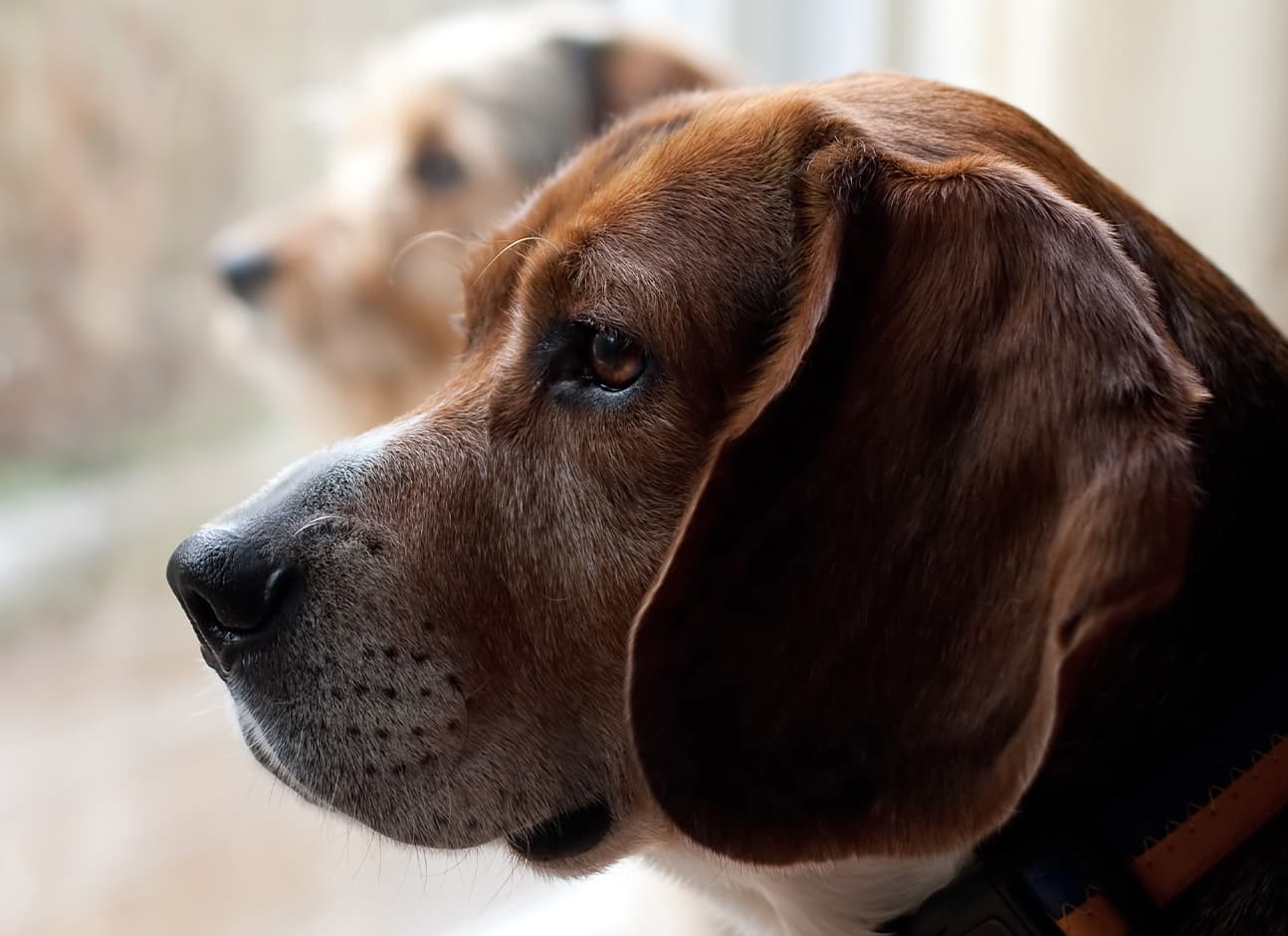Sometimes, it becomes harder than usual to part from your loved ones. This applies to dogs as well, some of them who show separation anxiety when you leave them alone or with someone else. Dogs who are extremely attached or dependent on you or other family members are more likely to suffer from separation anxiety when you have to be away from them.
Dogs with separation anxiety make their worry known by showing extreme anxiousness, and express their distress by pacing, vocalising, and trembling. Vocalisation behaviour includes howling, barking, and whining. They may destroy things in your house including furniture, and other items placed at or near the door where separation happens. They may also dirty the house by urinating or defecating inside. Additionally, they may possibly exhibit behaviours such as self-mutilation, nausea, and excessive salivation. These signs of separation anxiety usually manifest themselves in dogs within about 30 minutes of their human(s)’ departure.
Possible explanations for canine separation anxiety include previous cases of trauma, and never being left alone before. Your dog’s personality and the absence of a daily exercise routine can also be possible causal factors. Additionally, a death, a divorce, or a family member moving to another place for college or work can also give rise to separation anxiety in your pet.
Even though canine separation anxiety is not entirely preventable, there are many steps that you can take to help your dog effectively manage and control it. Training your dog to accept their crate as a place of familiarity, comfort and refuge is an effective method. You can also desensitize them to your departure by offering them a favourite treat right before you leave which teaches them to perceive your going away as something positive. Planning and implementing a regular exercise regime for your dog can also be effective. Medication and discouraging overly-clingy behaviour are other options. You can ask your veterinarian more about the ways in which you can help your dog through separation anxiety.
A happy dog is a healthy dog. Discover the range of our ‘Vet for Dog‘ services now.
